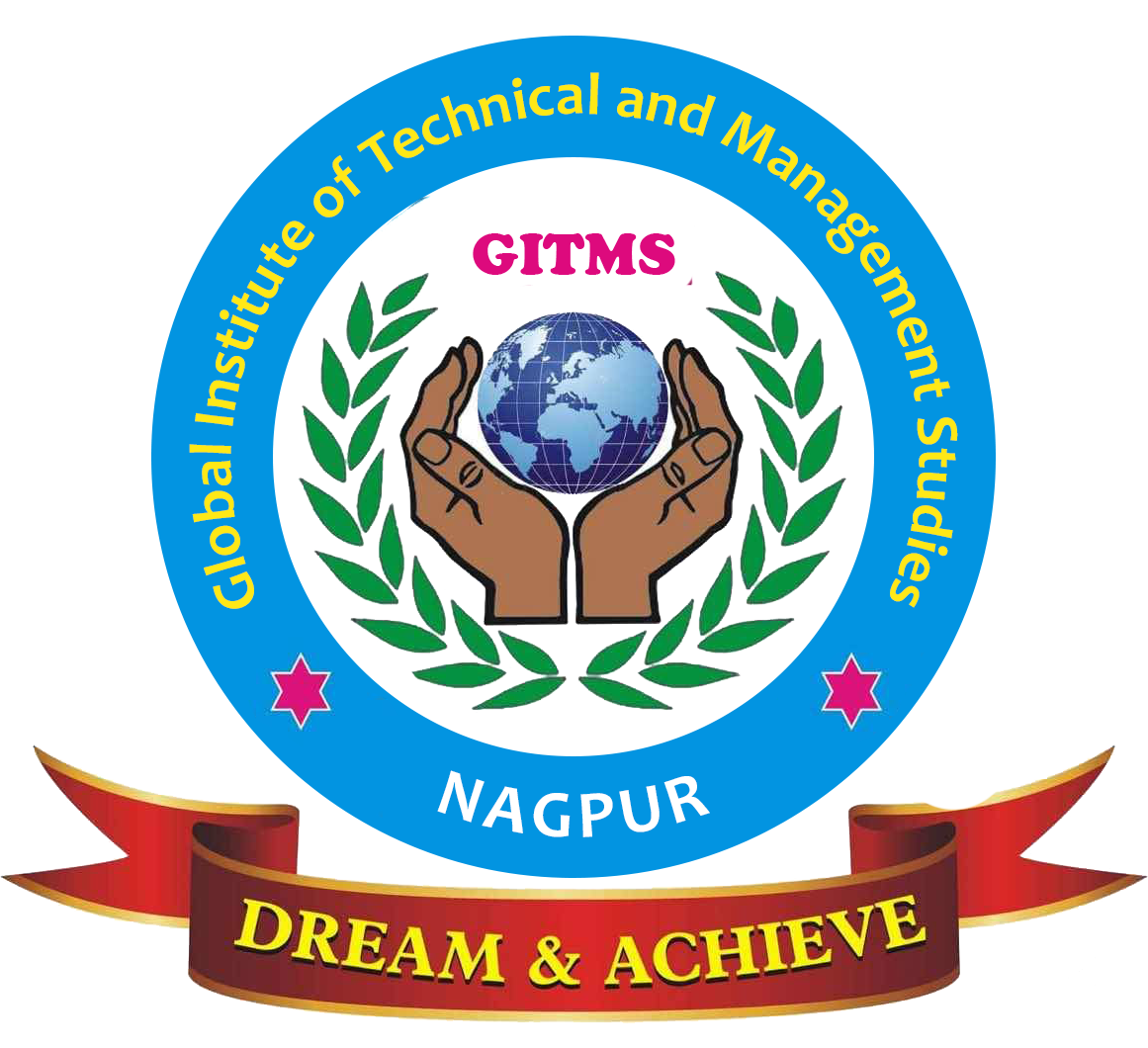Electrical Engineering

These programs are meant for basically those professionals who are already working in technical departments of the corporate sector. These courses enable our students to go ahead and achieve higher profiles in their respective organizations through a high profile curriculum.
| Course | Diploma in Electrical Engineering | Bachelors Program in Electrical Engineering | Master Program in Electrical Engineering |
| Eligibility | S.S.C with Work Experience | 3 Years Diploma or HSC with 3 years Work Experience | |
| Syllabus | SEM – I 1. Applied Science 2. Applied Mathematics – I 3. Elements of Electrical Engineering 4. Mechanical Engineering sciences 5. Electrical Wiring SEM – II 1. Applied Mathematics – II 2. English Communication 3. Electrical Circuit 4. Electronics – I 5. Computer Aided Engineering Drawing SEM – III 1. Electrical Machines – I 2. Communication & Computer Networks 3. Electrical & Electronics Measurements 4. Electronics – II 5. Computer Aided Electrical Drawing SEM – IV 1. Electrical Machines – II 2. Electrical Power Generation 3. Transmission & Distribution 4. Power Electronics 5. C – Programming SEM – V 1. Estimation & Specification 2. Switchgear & Protection 3. Embedded System 4. Electrical Installation Design 5. CASP SEM – VI 1. Industrial Drives & Control 2. Utilization of electrical Energy & Management 3. Basic Management Skill & Indian Constitution 4. Electrical Motor Control 5. PLC & HDL | SEM – I 1. Calculus 2. Physics 3. Mechanics of Solids 4. English 5. Engineering Graphics 6. Linear Algebra SEM – II 1. Chemistry 2. Environment & Energy Studies 3. Art of Programming 4. Elements of Electrical Engineering 5. Communication Skills 6. Mathematics of Electrical Engineering SEM – III 1. Thermal & Hydraulics Prime Movers 2. Analogue Electronic Circuits 3. Network Analysis & Synthesis 4. Electrical Engineering Materials 5. Electrical Transducer & Measurements 6. ICT Tools & Security SEM – IV 1. Fundamentals of Electrical Power Systems 2. DC Machines & Transformers 3. Digital Electronic Circuits 4. Fundamentals of Power Electronics 5. Control System Engineering 6. Engineering Electromagnetic SEM – V 1. Economics for Engineers 2. Ethics & Values 3. Analysis of Electrical Power Systems 4. Rotating AC Machines 5. High Voltage Engineering 6. Power Electronic Converters SEM – VI 1. Utilization of Electrical Power 2. Microprocessor & Microcontroller 3. Power System Operation & Control 4. Electrical Drives & Traction System 5. Testing, Commissioning & Maintenance of Electrical Equipment 6. Electronic System Design SEM – VII 1. Permanent Magnet Brushless & Reluctance Motors 2. Renewable Energy Sources 3. Advanced Microprocessors & Microcontrollers 4. Signals & Systems 5. Dynamics & Modeling of Electrical machines 6. Extra High Voltage Transmission SEM – VIII 1. Electrical Machine Design 2. Digital Signal Processors for Electrical Engineering 3. Power System Protection & Switchgear 4. Organizational Behavior 5. Applications of Power Electronics in Power System 6. Computer Techniques in Power System | SEM – I 1. Field Computation of Electromagnetic devices 2. Modeling & Simulation of Dynamic Systems 3. Advanced Instrumentation Techniques 4. Special Purpose Electrical Machines 5. Control System Engineering 6. Advanced Power System Principles 7. Lighting Design & Calculation SEM – II 1. Static Converters in Electric Drives 2. Digital Control Theory 3. Elements of High Voltage Engineering 4. Material Technology 5. Active Circuits & Systems 6. Optimization Techniques 7. Solid State Power Supplies SEM – III 1. Modeling & Analysis of Electrical machines & Drives 2. Transducer Technology 3. Power System Analysis 4. High Voltage Fields 5. Optimal & Robust Control 6. Computer Control of Industrial Processes 7. Small Machines, Incremental Motion Devices SEM – IV 1. Computer Application in Instrumentation 2. Power System Operation 3. Dielectric Engineering 4. Real Time Systems 5. Nonlinear & Adaptive Control 6. High Voltage Equipment 7. Specialization |
| Duration | 1 ~ 3 Years | 1 ~ 4 Year | 1 ~ 2 Year |
| Fees | 29000/- | 39000/- | 36000/- |

DIRECTOR’S DESK
Welcome you all Aspirants…
I welcome you on behalf of the GITMS and thank you for showing your interest in us. GITMS is impart excellence in management education, research, and managerial training.
From Director’s Desk : GITMS
For a management institute it is imperative to be prepared for the changing environment while teaching its students to do the same. In an era that has come to become the epitome of competition, B-schools face the very pressures that they prepare their graduates for.

